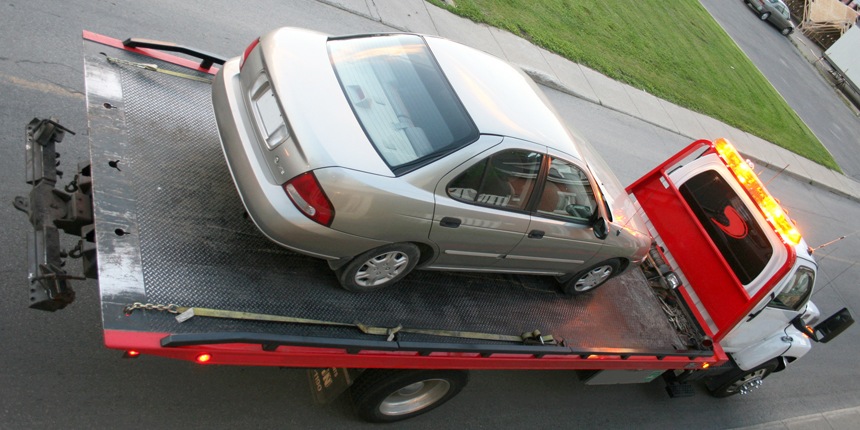Civil Forfeitures often proceed against a property itself without regard for the guilt or innocence of the person to whom it belongs. Most times, the owner of said property will not contest this seizure due to a lack of sufficient proof of ownership. However, I have seen cases where proof of ownership was doubtful, but the probable cause was challenged in a preliminary hearing (after a motion to contest) and the courts found no probable cause allowing the subject to have his/her property returned.
Let’s face it, the men and women of Law Enforcement have a tough job. They have to make sure they follow the rule of law without cutting any corners. For example, if they don’t read the subject their Miranda Rights before questioning, then everything before the time that they do read it, is essentially not admissible. With a little investigative work and some witnesses, it is not impossible to refute the case before it really even starts.
These cases are also quasi-criminal, meaning that anything that happens in the civil forfeiture case affects the criminal case as well. So, if the courts find no probable cause for the civil forfeiture, then the same applies to the criminal case. With that said, I make the point that even if you cannot prove legal ownership of the seized property, do not rule out hiring a private investigator to take a look at your case.


Contact InformationFull Access Investigative Service
#A-150022196 SE 27th Ave, Cross City, FL 32628
(352) 210-0853
j.king@fullaccessinvestigations.com
A-AAA
ALWAYS AVAILABLE - OSTEEN BAIL BONDS
JAMEY KING
352-440-4663BONDS - DRUG PATCHES
GPS - ALCOHOL MONITORS
24 HOUR FAST FRIENDLY SERVICE
782 SOUTH HENDRY ST, PERRY, FL 32347



We'd love to hear what you think
Send Cancel